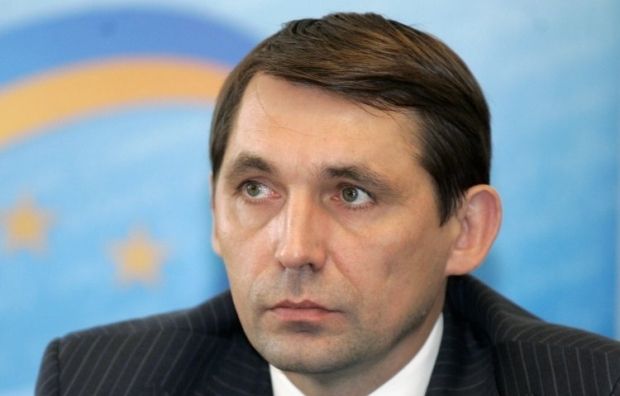
Ukraine’s Rep. to EU: European Union will live, able to tackle acute migration crisis
The newly appointed Representative of Ukraine to the European Union, Ukraine's Ambassador to Belgium Mykola Tochytskyi gave his first interview in office with UNIAN.
Mykola Tochytskyi is a career diplomat, who has for six years been Ukraine’s Permanent Representative to the Council of Europe. He was appointed to the post of Representative of Ukraine to the European Union and Ambassador Extraordinary and Plenipotentiary of Ukraine to the Kingdom of Belgium by a Decree of the Ukrainian president of February 4, 2016. In his first interview in office, Mykola Tochytskyi has told UNIAN, what consequences the Dutch referendum may bring to Ukraine and to the whole European Union, spoken about the "Savchenko-Sentsov" sanctions list and the importance of the decision of the European Court of Human Rights for the return of Crimea.
What will be the consequences for Ukraine and for the Ukraine-EU Association Agreement in general if the Netherlands says no in a referendum on April 6?
It’s the people of the Netherlands who will vote in the referendum. Then, obviously, based on the outcome of the voting, both the government and parliament will take their decision. It is their referendum, we are not a party to these processes, and I don’t believe anyone can say confidently, what Netherlands will do. Especially considering that it’s the first referendum since the adoption of the relevant law. The results are not binding, but we certainly shouldn’t underestimate the political significance of this vote both for Ukraine and for the EU as a whole.
That is why we expect that, casting their ballots, the citizens of the Netherlands will take into account that it’s about supporting the agreement, backed by the majority of Ukrainians, aimed to promote trade and economic cooperation between Ukraine and the EU and implementation of European values and standards in our country.
If 60% vote No, it would be a No, and the Government and Parliament won’t be able to ignore it...
We are seeing positive dynamics today. According to polls, the number of those who would vote against the association agreement is gradually decreasing. Let's wait for the results and not answer for the Dutch. Let the Netherlands answer whether they are really against the effective system of local government and conducting business in Ukraine, or common sense prevails after all.
And what can be the consequences of the referendum for the Netherlands and for the EU?
I don’t exclude that a so-called "parade of referendums” may start. We understand this diversity. Everybody is different – in the EU, in the society; but the rules should be the same for all. This is what unites us. Any institution, including the EU, is strong with having the same rules for everyone – then everything works.
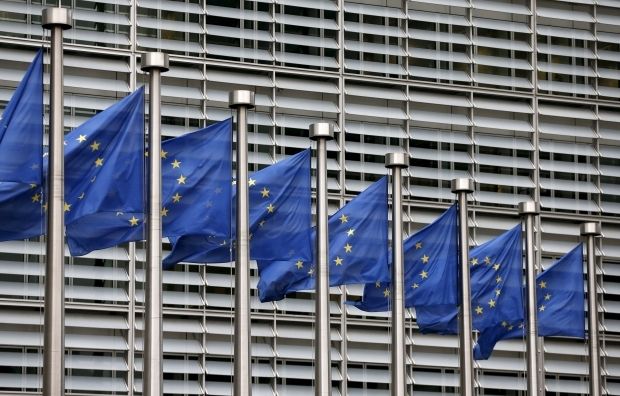
In what countries can we expect such referendums?
In any of them. The thing is that in a situation when the economy goes into recession, more populist, radical parties gain strength.
But it is logical against the background of the migration crisis. Do you think that the EU will be able to survive through what is happening in its current shape? Or maybe it will disappear?
The EU will live. Indeed, the migration crisis is an acute issue today. But due to the fact that the EU has functional institutions, it will tackle it – the algorithm of actions has already been worked out, and the Member States will be able to implement it.
Why do you think so? Look at Poland – they don’t want to take migrants. The elections in Germany, France and Austria are expected, and the radical forces might be elected, just like it was in Germany’s local elections recently [for the first time, the anti-EU Alternative for Germany party got the seats]...
Issues such as migration, religion and language have always been used by various forces in difficult transition periods. But what is the EU strong with? If it takes decisions, they are actually executed.
But the precedent is already there – Poland’s new government simply refuses to fulfill the agreements reached...
This does not mean that it won’t. The principle is simple – you either agree and go along with everyone, or you don’t and then you leave the EU.
In this situation, do you believe that the EU will further exist?
I believe that the EU will continue its existence, it might even expand – Ukraine will be part of it. That’s because the EU is not just an effective institution, but also the philosophy: it is the democratic principles (rule of law, freedom of speech and religion… we can go on), based on an economic component, which has in its core mentality and understanding that the rules of the game are the same for all.
What is the philosophy behind the desire of Ukraine and the Ukrainians to be part of the EU? This is the philosophy to have the same game rules for all: to have equal access to the courts, to get an opportunity to conduct own business, based on clear, understandable and equal rules. These opportunities are given, among other things, by freedom of speech, rule of law, and human rights. This is the core.
Why does Ukraine need the EU, if the Ukrainians know what they want anyway?
Over the history of its existence, the EU has worked out rules that helped create an effective system of management – both political and economic. Ukraine wants to use this experience. For Ukraine, the EU is a model of established rules of a democratic society and conducting business. There is no sense in inventing anything new if it already exists. Incidentally, the Association Agreement provides for us to adapt nearly 90% of EU regulations.
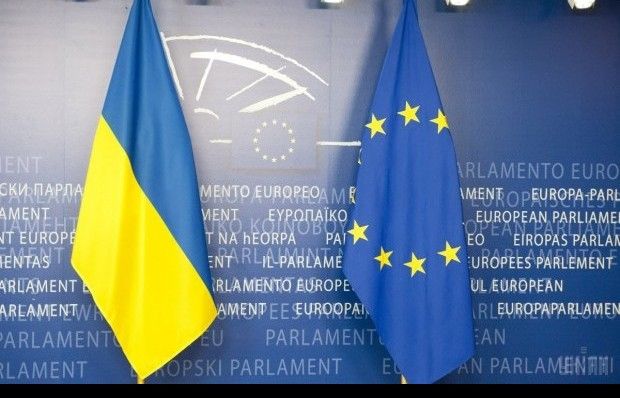
And how is this document implemented?
As for the adoption of the necessary legislation, we have done a lot: in terms of freedoms, constitutional reform, judicial and prosecutorial reform as well as combating corruption – these large bulks of legislation have already been adopted or already drafted. Draft strategy of reforming the system of veterinary and phytosanitary supervision has been approved and submitted to the EU for consideration, as well as a Roadmap of public procurement reform, both of which should be adopted according to the Agreement. A thorough and comprehensive work is ongoing on the reform of technical regulation, standardization and metrology, which should be completed with the introduction in Ukraine of technical regulations and standards for industrial products harmonized with the European ones. This will allow our industrial manufacturers to avoid the need of having to spend heavily on certification of export products in the EU labs.
Also, regardless of the Minsk process, we need decentralization. I am not originally from Ukraine’s capital – I was born in Vinnytsia region and I believe that the effective local government, with local issues being resolved in a transparent manner, is the key to everything starting with proper conducting of business to fighting corruption. This is what decentralization is about. We have already done a lot – we passed legislation on community associations and their financial independence. We have yet to pass a classic decentralization of the national governance.
What about the implementation of all of this?
Implementation is the process more complicated, because amending laws does not mean that Ukrainian mentality will change immediately. By the way, the passed laws were mostly developed in cooperation with our European colleagues. This is in the context of the EU experience I mentioned earlier.
I am asking about implementation, as an expression “they promise but don’t fulfill their promises” has already become traditional with regard to the Ukrainians and Ukraine’s leadership. Do you feel during the meetings with your counterparts on the sidelines of the European institutions that there is a kind of fatigue from Ukrainians who are "not capable," "unable," or “unwilling”?
I can say that a lot has really been done from among the political promises. I wouldn’t say someone’s “unwilling” to fulfill promises. The preconditions have been created. Now we have to believe in all of this and move in this direction – implement the adopted legislation. They trust in us, they are confident that we will successfully walk this path. We cannot afford new elections, we need to create a new coalition, a new government, and move on. Not only is it understood here in the European institutions, Kyiv gets it, too.
Knowing that Russia uses its powerful assets in order to prevent Ukraine’s rapprochement with the EU, what can we oppose Moscow here in Brussels and in the EU capitals?
Ukraine can oppose what we’ve already discussed – the reform. It’s the reform that would create same rules of the game for the whole society. This is the only way for us to win.
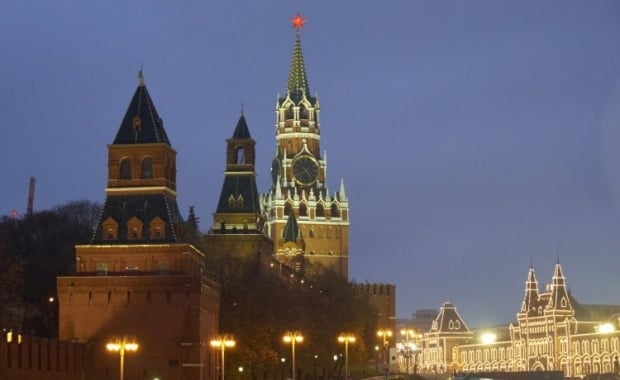
The German foreign minister and his French counterpart are already raising the issue of elections in Donbas. In addition, the voices are being heard that Ukraine also fails to fulfill its obligations under the Minsk agreements. What is the current assessment in the EU of Kyiv’s implementation of Minsk agreements?
I can simply say: send your citizens as observers to these elections. When there is no ceasefire and there is a complicated criminal situation, just send your pre-election mission to assess whether we can organize the electoral process as it’s supposed to be. The EU also stands ready to support Ukraine in all its actions and is fully aware of these formulas.
How difficult is it now to keep the EU united on the issue of anti-Russian sanctions?
Currently, there is such unity, which was proven recently [on March 10, the EU decided to extend sanctions against 146 individuals and 37 Russian companies]. According to the last year’s decision of the European Council, the so-called sectoral sanctions are bound to the full implementation of the Minsk agreements. Everyone understands who implements what, and who doesn’t. We just have to clearly and consistently communicate to our partners the actual state of affairs.
What about the so-called "Savchenko-Sentsov" sanctions list?
The list was handed over by the [Ukrainian] President [Petro Poroshenko] during his Brussels visit. We are in constant contact with our partners, including on the matter.
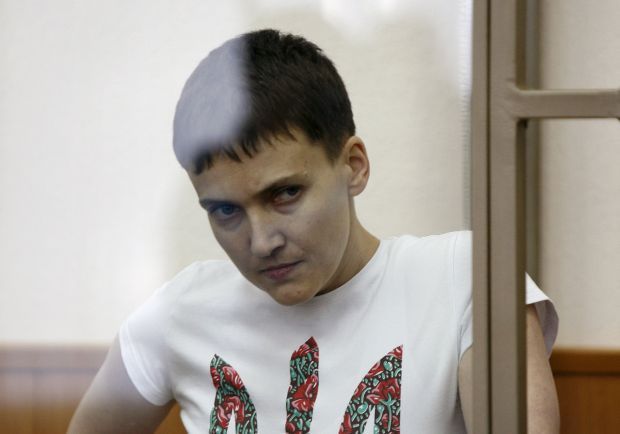
Will the decision be passed on visa liberalization?
It will, because we have fulfilled all of our obligations. We hope that the Commission will submit to the Council and the European Parliament’s consideration its positive decision. This would be a kind of response to the aspirations of the Ukrainian society that we are part of the European Community – not only geographically but also psychologically. It will not only be the Ukrainians who would benefit from this, but also the Europeans. This is an opportunity for all kinds of exchange – human, cultural, scientific, intellectual or religious.
Now the Open Skies agreement is hanging in the air... What are the prospects for this document?
We hope that this issue will soon be resolved. We expect our European partners to find the acceptable wording for the article which remains not agreed as soon as possible.
It is about Gibraltar (the disputed territorial issue between Spain and the UK), isn’t it?
Yes, it’s Gibraltar. There are proposals to address this issue. They are now being considered. I hope they will soon be agreed.
What will Ukraine offer to the agenda of the summit to be held on May 19?
These are issues that we have discussed: First it’s how we implement the Association Agreement in its political and economic parts. We have to evaluate the process and determine next steps together, because provisional application of the document in part of the FTA has only been launched this year.
Of course, the number one issue will be the question of Ukraine’s territorial integrity. Of course, we will discuss the situation in the east, we will talk about Crimea.
Will Kyiv ask for the EU involvement in the issue of Crimea’s return?
It was the illegal annexation of Crimea which was a prerequisite for the introduction of the EU sanctions against Russia.
In my view, there are two ways to address the issue of Crimea’s return. The first is to wait for the ruling of the ECHR in favor of Ukraine (after consideration of an interstate claim in terms of illegal annexation), and a second mechanism provides for the creation of a Geneva Plus format, involving the EU, the U.S., the Budapest memorandum guarantor states, or even a more extended one.
Sooner or later, Ukraine Crimea will return under Ukraine’s control, I'm convinced. There are all legal grounds for this.
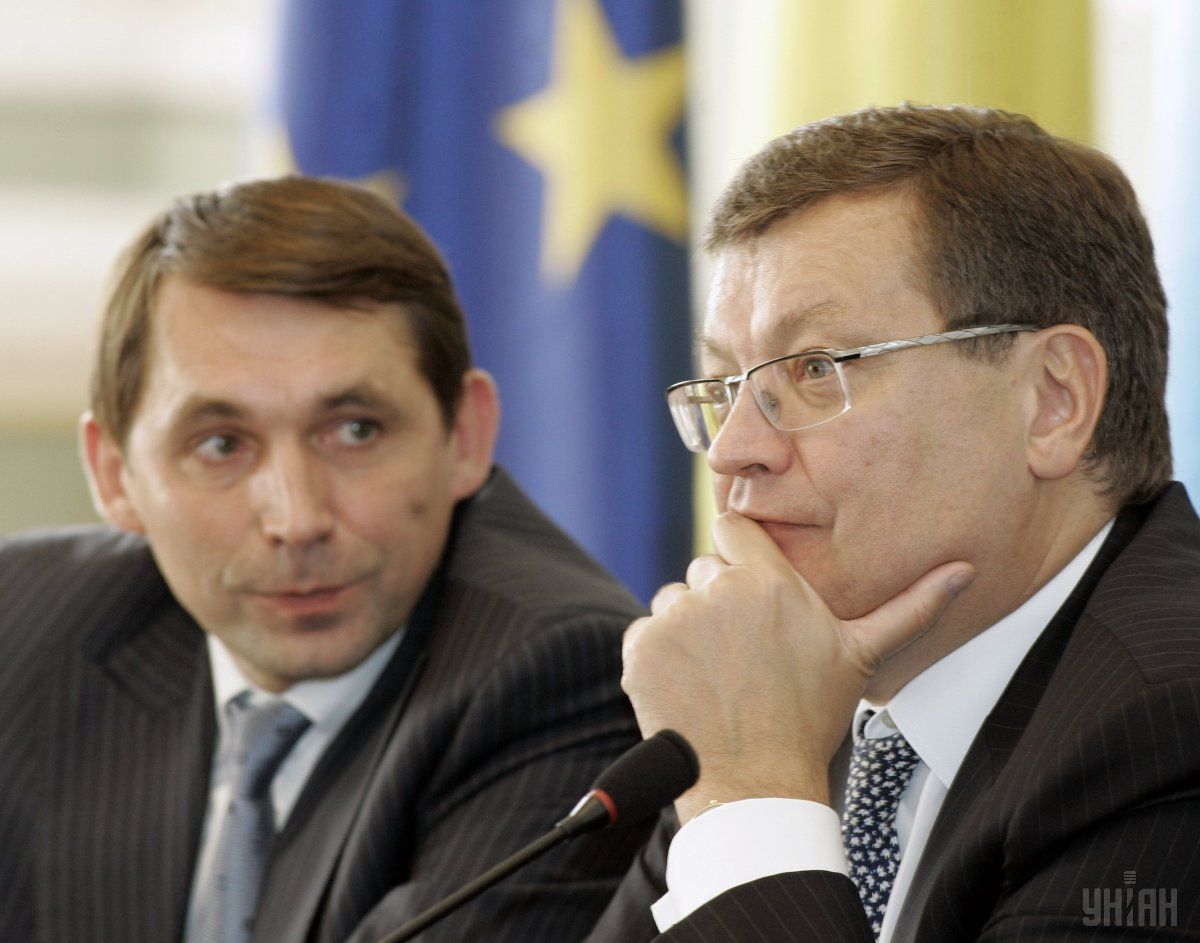
What is the EU’s attitude toward the Geneva Plus?
The European Union has clearly demonstrated its unequivocal stance on non-recognition of the illegal annexation of Crimea by Russia and its willingness to make every political effort to settle this issue. So we are searching for ways of such settlement together with our European partners. Geneva Plus, in our opinion, is a step forward, which would move us toward de-occupation of our territory.
Why create this "club"? What will be the effect of its work?
It is important that we began to discuss ways out of the current situation. You can’t walk the distance without making the first step. In addition, such format would let us begin this discussion, including with Russia, which would confirm our commitment to resolve the issue exclusively by diplomatic means. An ECHR judgment will provide a legal basis in order to return Crimea within a legal framework. Geneva Plus is out there to prevent Russia from anticipating a humiliating decision.
But they don’t seem to care...
They may care or not, but this issue of getting out of the situation where the Russian leadership has found itself. This is a mechanism that would give Russia an opportunity to get out correctly and legitimately from a trap they have gotten themselves into.
With whom are you planning to make friends in Brussels?
With everyone, except the aggressor. I believe that it is better for your opponent to know your position.
Iryna Somer

